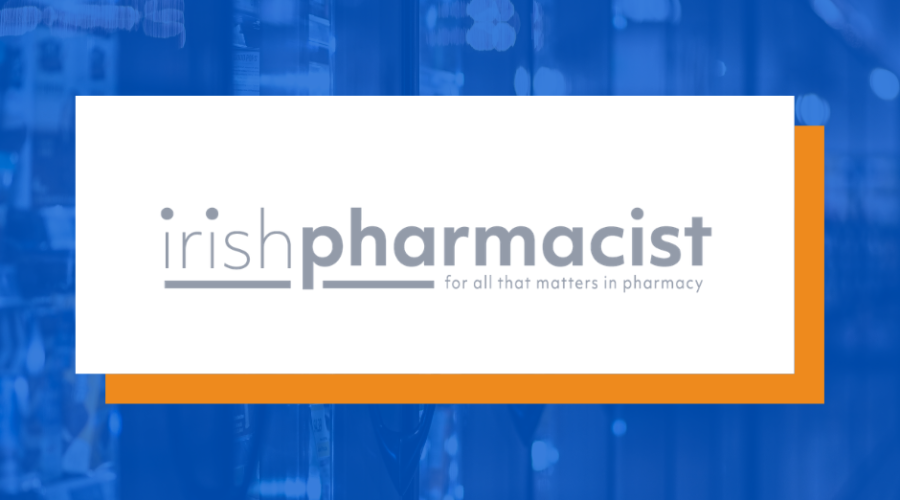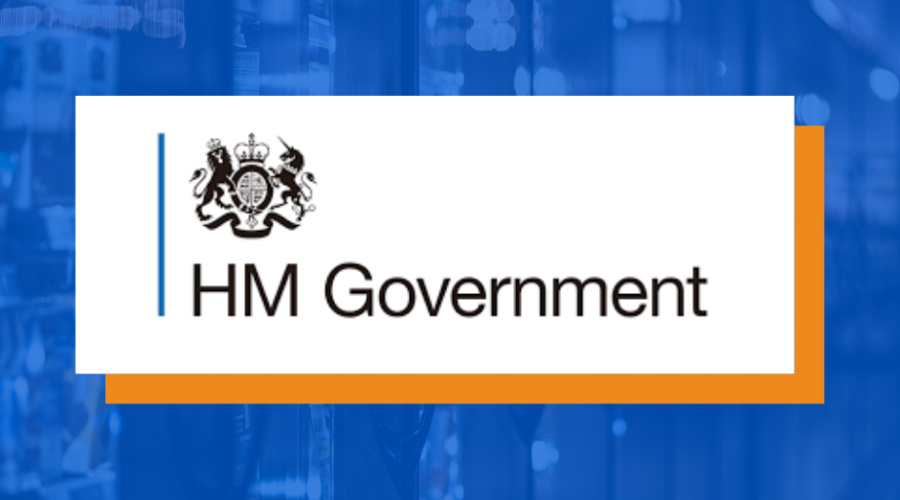LEIPZIGER HAUPTBAHNHOF ZUM SCHÖNSTEN IM GANZEN LAND GEWÄHLT!
Spieglein, Spieglein an der Wand, wer hat den schönsten Bahnhof im ganzen Land? Ein Voting des Online-Reisemagazins Travelbook hat nun eine Antwort auf diese Frage geliefert: Leipzig darf sich mit dem Titel “Schönster Bahnhof Deutschlands” schmücken.
Der im Jahr 1915 eröffnete Hauptbahnhof im Leipziger Zentrum ist nicht nur bei Reisenden beliebt – auch die Einwohner der Messestadt schätzen den Kopfbahnhof mit Einkaufszentrum zum Shoppen und Schlemmen.
Schönheit liegt zwar bekanntlich im Auge des Betrachters – doch 11.982 Stimmen können nicht irren! Vom 28. Oktober bis zum 30. November dieses Jahres durfte an der Travelbook-Umfrage entsprechend teilgenommen werden – insgesamt wurde mehr als 53.000 Mal abgestimmt.
Auf dem zweiten Platz landete mit 8315 Stimmen der Hauptbahnhof Hannover. Den dritten Platz belegt der Hauptbahnhof Berlin mit 7225 Stimmen.
Insgesamt standen zwölf Bahnhöfe zur Auswahl.
Übrigens: Der Hauptbahnhof Leipzig erreichte mit dieser Wahl nicht zum ersten Mal eine Top-Platzierung in einem Ranking!
Originally published here.






